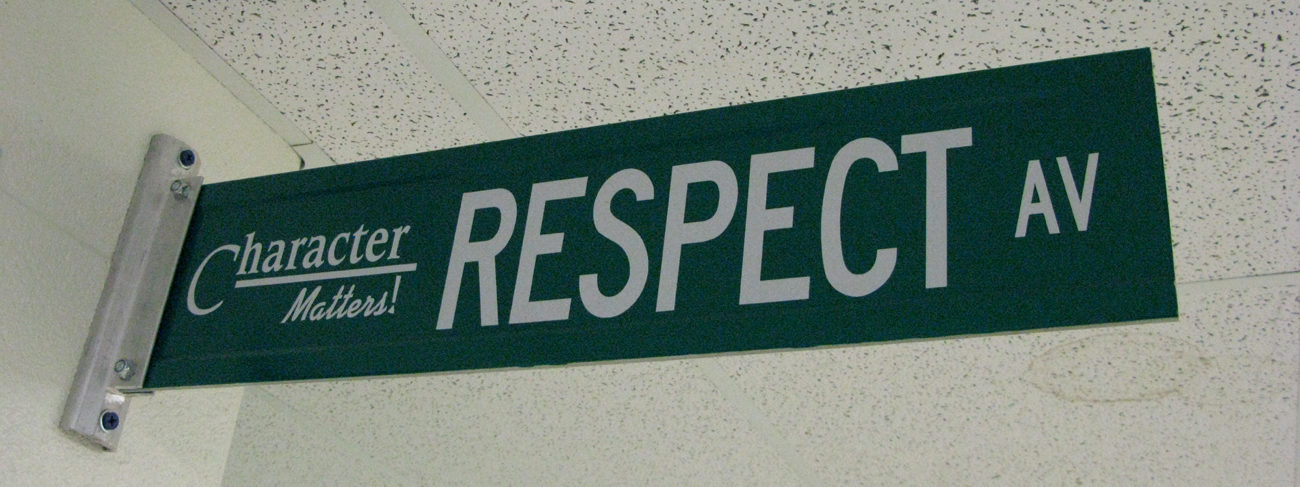NAJIT’s 45th Annual Conference
I came to the profession as many of you did, if you started your interpreting career ten or more years ago. I had a 15-minute phone interview with an agency owner, and I was hired on the spot and given very few instructions. I started interpreting...









